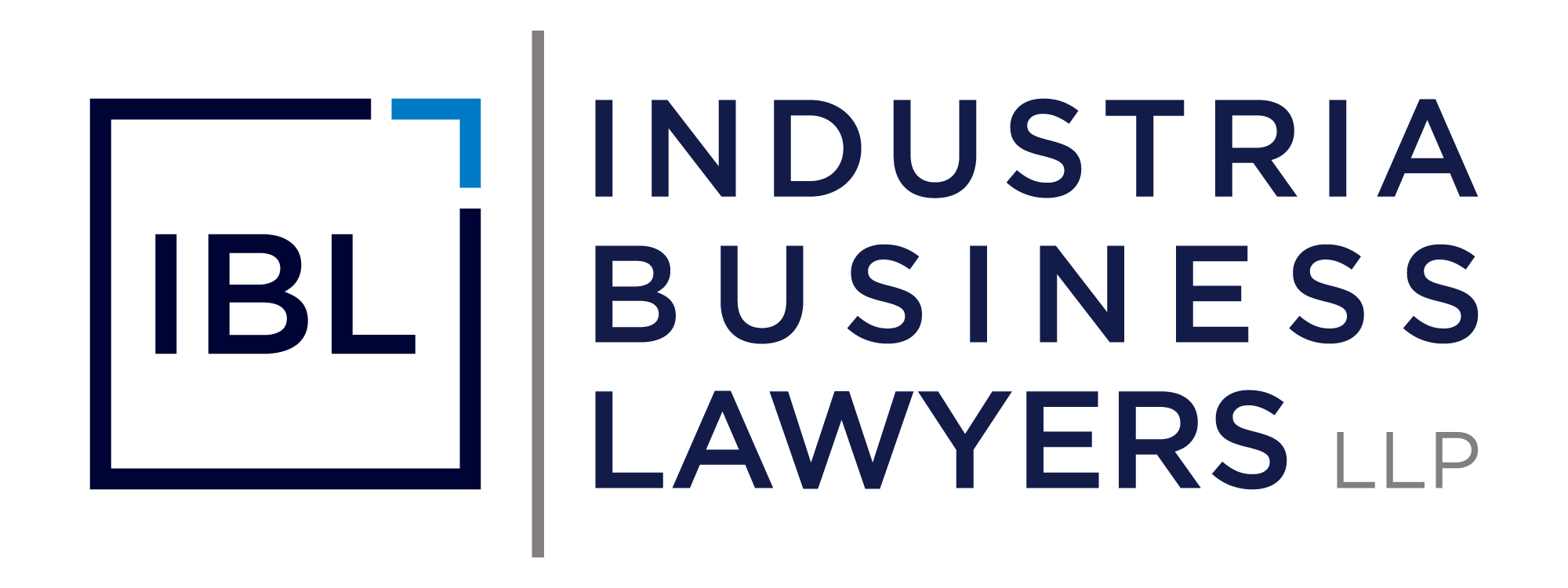Written by: Aaron Krowne, Esq.
The U.S. Securities and Exchange Commission (SEC) has been cracking down in recent years on crypto market-makers for allegedly operating as unregistered broker-dealers—firms that execute trades, facilitate transactions, or provide liquidity for others. Many assumed they were exempt from traditional broker-dealer rules due to regulatory uncertainty. However, as the market develops, the SEC is becoming stricter with regard to parties handling such securities.
A long-standing legal requirement—that any firm dealing in securities as a main commercial business function register as a broker and/or a dealer—lays the foundation for these activities. Although this regulation is not new, it has not yet been clear how it applies to cryptocurrency trading companies. This shift raises critical questions—what activities put market-makers at risk, and how can they stay compliant?
Understanding SEC broker-dealer regulations
The SEC requires brokers or dealers (together, broker-dealers) to register under the Securities Exchange Act of 1934, ensuring compliance with reporting, record-keeping, and investor protection rules. A broker-dealer is broadly defined as any firm engaging in securities transactions for itself or others. This definition increasingly applies to crypto market-makers as digital assets and their trading venues face closer regulatory scrutiny.
While certain exemptions exist, they apply only to firms with limited roles in securities trading. For example, Rule 15a-6 allows some foreign broker-dealers to operate without full registration if they work through a U.S.-registered firm. Similarly, companies issuing their own securities may avoid broker-dealer status as long as they are not market-making or executing third-party trades.
Crypto market-makers, however, actively facilitate liquidity by buying and selling assets on behalf of clients, making them subject to SEC broker-dealer rules. The agency has reinforced that firms engaged in trading activities involving securities—especially those earning transaction-based compensation—must register. As the SEC intensifies its oversight, unregistered firms face mounting legal and financial risks.
Why crypto market-makers face scrutiny
Although cryptocurrency market-makers and exchanges are essential for supplying liquidity, the SEC is paying more attention to their business practices because of concerns about unregistered broker-dealer activity. Many have operated without registration, assuming regulatory uncertainty or jurisdictional separation would shield them from enforcement. Moreover, major operators in the US have argued that there is no clear pathway to registration, given that many (if not most) tokens likely do not qualify as securities, and it isn’t clear how the SEC’s broker-dealer regulations generally apply to blockchain digital assets and trading. Regardless of the reason for not affirmatively following the established regulatory pathway, the SEC sees this as a regulatory gap that could enable market manipulation and investor harm.
A key concern is wash trading, where firms artificially inflate trading volumes by executing buy and sell orders with themselves. This gives a misleading sense of market activity, deceives investors, and distorts price discovery.
Additionally, because market-makers and exchanges are central to trading activity, non-compliance with investor protection rules raises concerns about fairness and transparency in crypto markets generally. Without regulatory oversight, the SEC argues, such practices can go unchecked, increasing the risks of market manipulation and investor harm. However, industry advocates argue that other regulatory regimes (such as for the commodities sector), completely new ones tailored to crypto, or industry standards are a better way to remedy these issues than imposing traditional securities broker-dealer regulations.
Crypto market-making used to operate in regulatory uncertainty, but new enforcement actions show a move toward stricter regulations and clear compliance guidelines.
Key enforcement actions and legal implications
SEC enforcement against Cumberland
Cumberland, a major crypto market-maker, is facing SEC charges for allegedly operating as an unregistered dealer. According to the SEC, Cumberland facilitated over $2 billion in crypto transactions involving assets classified as securities since March 2018—activities that typically require broker-dealer registration. The firm allegedly executed trades for institutional clients without complying with federal securities laws.
Cumberland has denied the allegations, stating that it had initially registered as a broker-dealer but was restricted from using this status for crypto-related activities due to regulatory uncertainty (which, if true, elegantly illustrates the above-mentioned industry complaint that it is difficult or impractical to get covered under regulated status as a crypto market-maker). The SEC seeks permanent injunctive relief, disgorgement of profits, and civil penalties.
At the time of writing (March 2025), there have been no reported court rulings or settlements in the lawsuit. Cumberland continues to operate while contesting the charges. Failing to register as a broker-dealer can lead to severe legal consequences. If found liable, Cumberland could face:
- Hefty fines for non-compliance
- Operational restrictions impacting market-making activities
- Mandatory broker-dealer registration to continue trading securities
This case proves that even established firms aren’t exempt from SEC enforcement, forcing market-makers to review their compliance plans—particularly concerning the risk of dealing in tokens classified as securities as determined by the SEC—to prevent harsh fines and business interruptions.
Fraud cases: The ZMQuant
The SEC’s crackdown extends beyond registration violations to fraud cases like ZM Quant Investment Ltd. (ZMQuant). In October 2024, the SEC charged ZMQuant and its employees, Baijun Ou and Ruiqi Lau, with manipulating the markets for crypto assets, creating an illusion of market activity and misleading both retail and institutional traders.
ZMQuant’s infractions included deceptive statements and manipulative tactics, in contrast to Cumberland’s case, which concentrated on registration errors. This distinction is important because the government may fine some companies for not registering as broker-dealers, but those engaging in fraud may face more severe punishments, such as criminal prosecution, civil penalties, and permanent trading bans.
This case highlights the broader risks for cryptocurrency companies. In addition to inviting regulatory enforcement, manipulative trading activities undermine investor confidence and cause market instability. The SEC’s assertive approach indicates that enforcement actions will target companies involved in deceptive practices and compliance violations.
What should crypto firms do to stay compliant?
The SEC is intensifying enforcement against crypto market-makers. For those who assume that the new “crypto-friendly” administration in 2025 will give crypto exchanges and market-makers a free pass, we would direct them to the SEC’s press release announcing the Cyber and Emerging Technologies Unit, which it states will actively pursue fraud. Thus, crypto market-making enterprises need to ensure they are insulated from fraudulent and manipulative conduct, and adhere to any applicable securities regulations to avoid serious legal consequences proactively.
- Broker-dealer registration: Firms executing trades for others in tokens which are deemed securities, or handling securities-like assets must register as broker-dealers. This is an unavoidable legal requirement, and failing to comply with it can lead to fines, trading bans, or forced shutdowns.
- Strong compliance programs: If required to register, simply registering isn’t enough. Covered firms must have proper controls to prevent illegal trading, maintain accurate records, and conduct regular audits to ensure they follow securities laws. Even firms that may not be required to register should have similar controls and robustness of compliance to a registered firm, to avoid becoming ensnared in legal problems.
- Professional legal advice: Cryptocurrency regulations are complex and changing continuously. Misinterpretation of the law can result in harsh fines. Firms should work with legal professionals who specialize in securities and broker-dealer compliance.
- Continuous evaluations and revisions: Compliance is a continuous process. Businesses should periodically examine their policies, monitor changes to the regulations and enforcement environment, and modify their operations as necessary.
As oversight shifts and intensifies, expert legal guidance is essential. Arrange a consultation today to learn how we might assist you in safeguarding your enterprise and keeping ahead of regulatory risks.


